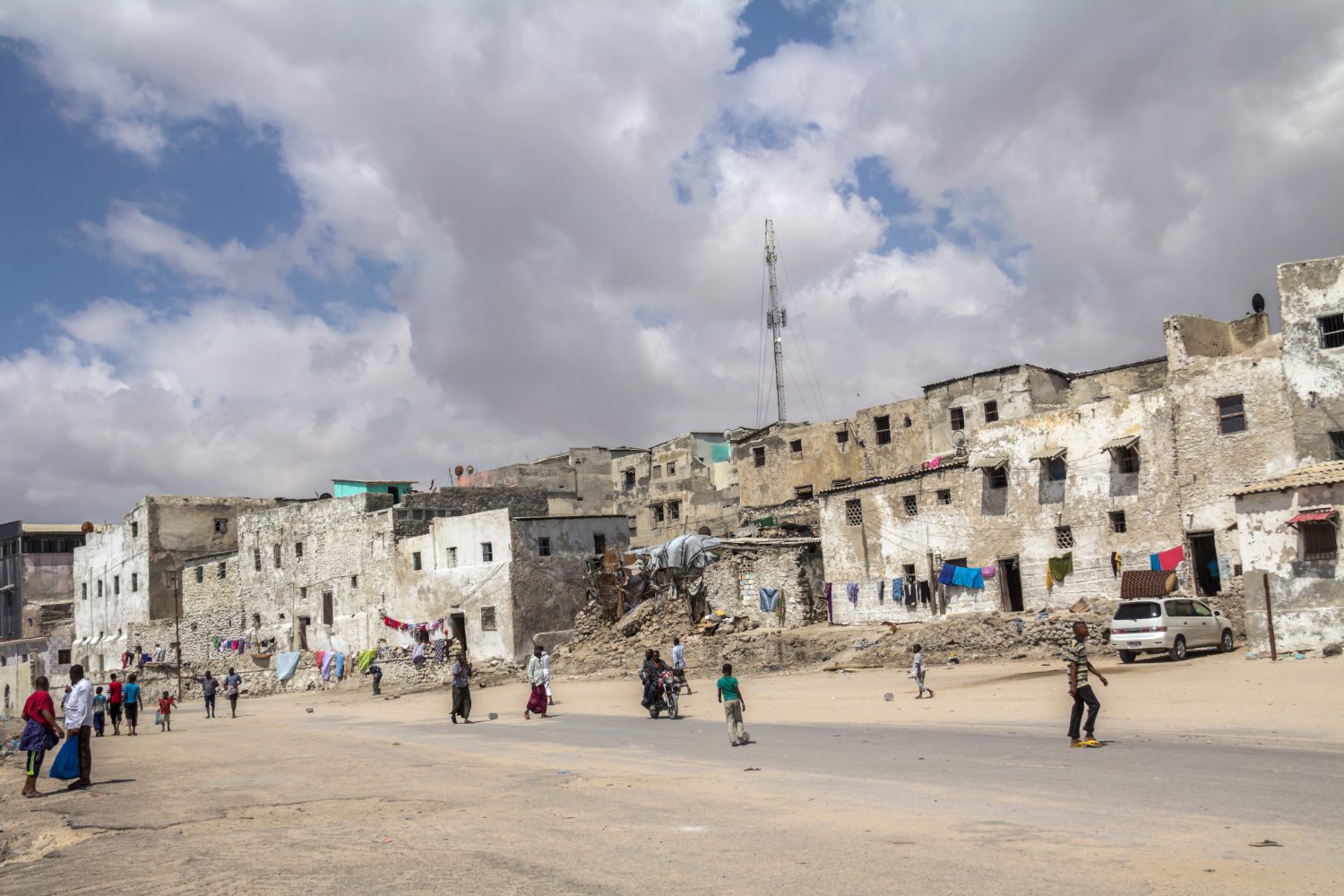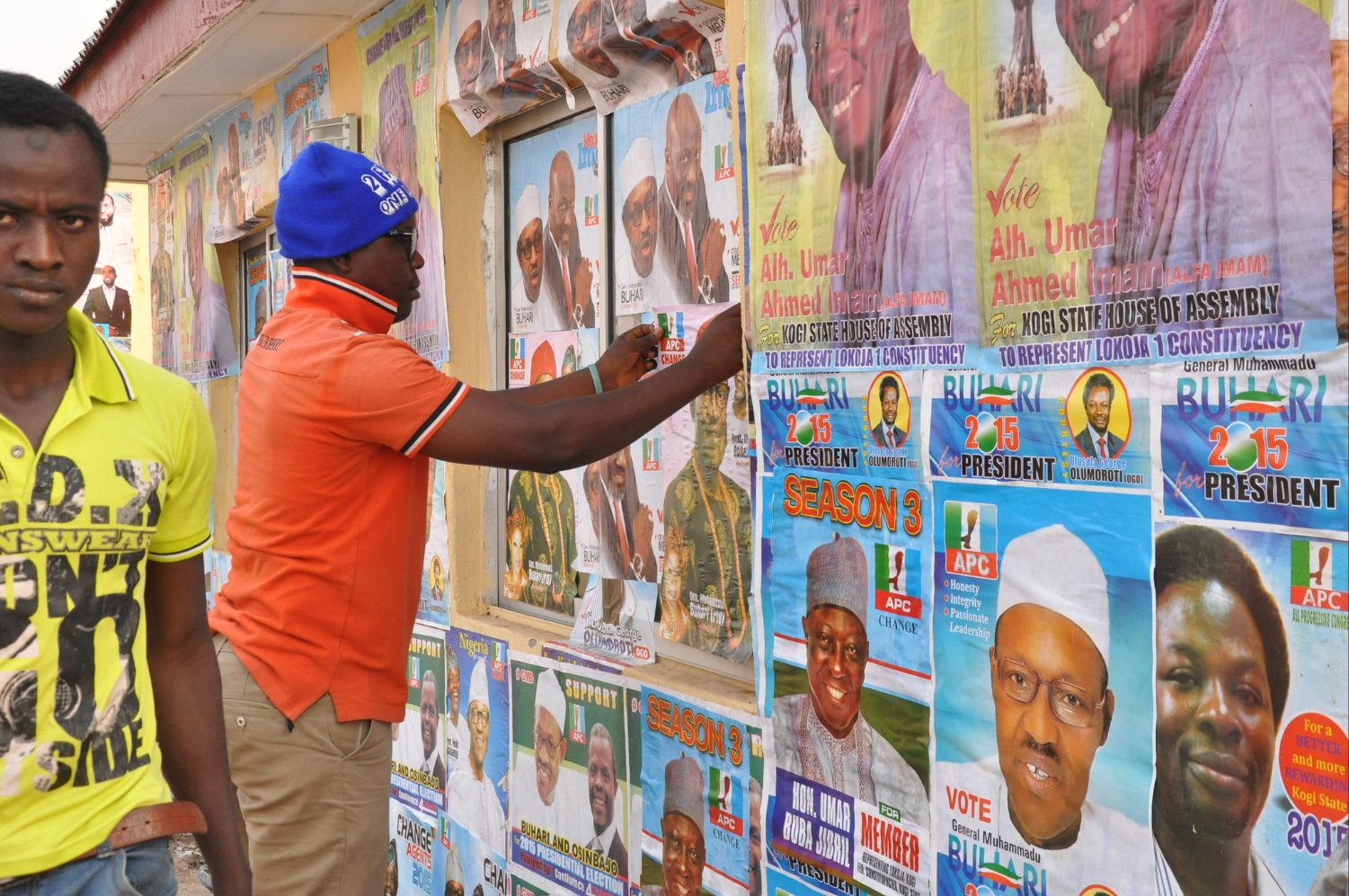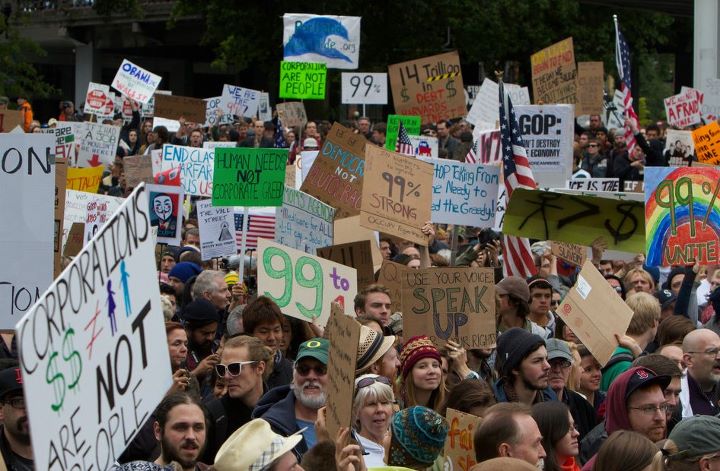In this posting I will explore how my framework of the ‘political marketplace’ differs from the Sentry’s ‘violent kleptocracies’ and why, in my view, the Sentry’s approach is deficient.
The Enough Project recently started a new initiative, based on the observation that its countries of focus are all marked by a systemic combination of violence and kleptocracy. In other words, Enough argues that not only are these countries run by war criminals, but by regular criminals too—thieves. With the recent growing interest in corruption and illicit financial flows, the U.S. government is sharpening its tools for pursuing these criminals and their ill-gotten gains. Enter the Sentry, described as an effort to “dismantle the financing of Africa’s deadliest conflicts.”
This had the hallmarks of Enough’s favored approach: find an instrument of U.S. power, which the administration is keen to use, identify how it can be utilized more coercively and intrusively in the countries of concern to Enough, and then define those countries’ problems around this tool.
It is also underpinned by another time-honored moralistic script: bad things happen because bad men are in power, so let’s get rid of the bad men. Enough’s old version was that Sudan’s leaders were war criminals because they were evil. Now it’s (also) because they are greedy.
The Sentry’s toolkit is useful for identifying kleptocrats and how and where they have hidden their funds. It is obviously therefore relevant to the political marketplace, insofar as one element of political funding can be criminal circuits, some of the tools used by political business managers include round-tripping money through secrecy jurisdictions (tax havens), and many politicians also illicitly build up personal fortunes. But the similarities with a political market analysis are superficial.
On January 28 I launched my book, The Real Politics of the Horn of Africa, at the U.S. Institute of Peace in Washington DC. We had a full house and an excellent debate.
One of my discussants was Brad Brooks-Rubin from the Sentry. His commentary used the vocabulary of the political marketplace, but in a way that reflected the Sentry’s different analytical framework, of “hijacked states.” To quote the Sentry’s mission statement:
Countries such as Sudan, South Sudan, Somalia, the Central African Republic, and the Democratic Republic of Congo are often referred to as failed states, but in reality, they should be considered hijacked states. Political, military, and commercial elites in these countries – often collaborating with neighbors – control and run the state and its institutions, use their power to transfer a large fraction of society’s resources to enrich themselves, and use brute force to remain in power. In these states, high-level corruption linked to violence is not anomalous; it constitutes the actual system of governance.
My analysis is different: systemic corruption and violence are both products of a poorly-regulated rentier political market.
Brad’s commentary, and reading the Sentry’s problem statement, sharpened my own thinking about the differences between our analyses, and also how the Sentry project could in fact be useful—provided it is placed in an analysis of the larger context: systemic corruption and violence are both products of a poorly-regulated rentier political market.
First of all, the Sentry is dealing only with the criminal element of political business: not political markets as such, which are a much bigger and more structural phenomenon. Most political financing is lawful: it is from oil rents, security cooperation, political gifts, and commercial enterprises run by political or security organizations. The criminal element is just a subset.
Economic criminals are driven by greed alone, and use political office solely for self-enrichment. Political entrepreneurs pursue political aims, within a system that forces them to compete in a political market, or fail. Their ‘profit’ is their political budget, which is (mostly) reinvested in their political project, mostly patronage payoffs.
As Stanislav Andreski observed fifty years ago, a kleptocratic system of governance should not be seen as the rule of thieves, but more broadly as the application of the mechanisms of supply and demand to the functioning of organs of public authority.
Second, the project needs to take account of the extensive experience of sanctions (smart and dumb), which show that they rarely work. They haven’t removed Pres. Omar al Bashir or Pres. Robert Mugabe, let alone reformed their political economies. In fact they have compelled those leaders to dive more deeply into the shadows of illicit finance.
It follows that we shouldn’t equate tackling criminality with regulating or reforming a political market—nor with dismantling a war economy (a different thing again). If we succeeded in removing the criminals in government, we wouldn’t be left with a functional state. We would be left with a thoroughly deregulated political market. Think of what happened in Libya after the removal of Gaddafi, or how the Central American drug trade mutated—and became more violent—after the killing or arrest of the kingpins of the cartels.
Third, Enough’s measures smack of (yet another) exercise in the U.S. exercising dominion over other countries’ affairs, in this case using American hegemony over the global financial system, to get its way. This may seem smart and liberal for those whose worldview is resolutely Washington-centric: for the rest of the world it looks very different.
In short, as advertised, the Sentry is likely to be another misguided enterprise, rather like the conflict minerals campaign.
So how might the Sentry be useful? Let me suggest a formula that addresses these problems.
Begin with recognizing that all political systems need money, and that political finance should be regulated. This in turn requires drawing a distinction between political spending and corruption. This is a simple distinction to assert but a remarkably difficult one to delineate in practice.
The difference between legitimate funding of political institutions and patronage systems, and theft, needs to be drawn differently for each political system. So the next step is to initiate a process that allows countries to draw this line themselves. In institutionalized political systems, there can be an open debate on political financing, leading to legislation and enforcement. In political markets, it is the political financiers—the domestic businesses, foreign investors and patrons who provide the political money—who must take the lead. Let them collectively determine what counts as corruption and what is legitimate political spending.
Once this line is drawn (and of course it may need to be redrawn time and again), international financial instruments can come into play. Those whose activities fall on the ‘corrupt’ side of the line could be targeted, with the cooperation and support of the political-financial establishment of the country. Those activities on the legitimate side should be allowed to proceed.
Naturally, when political financiers get together, their collective commercial interests will emerge. Almost always, those interests favor peace, stability and the rule of law. If they demand these political outcomes, they are better-placed than anybody else, to get them. This is why a voluntary and self-regulating code of conduct for political financing is workable—it is in their interests. The best example is Somaliland. This is not neither a foolproof proposal, nor one that will work everywhere (almost nothing will work in South Sudan, and very little in a wholly rentier governance system), and nor is it a detailed proposal. But it is a logical place to start.
Reference
Stanislav Andreski, The African Predicament: A Study in the Pathology of Modernisation, New York, Atherton Press, 1968.


